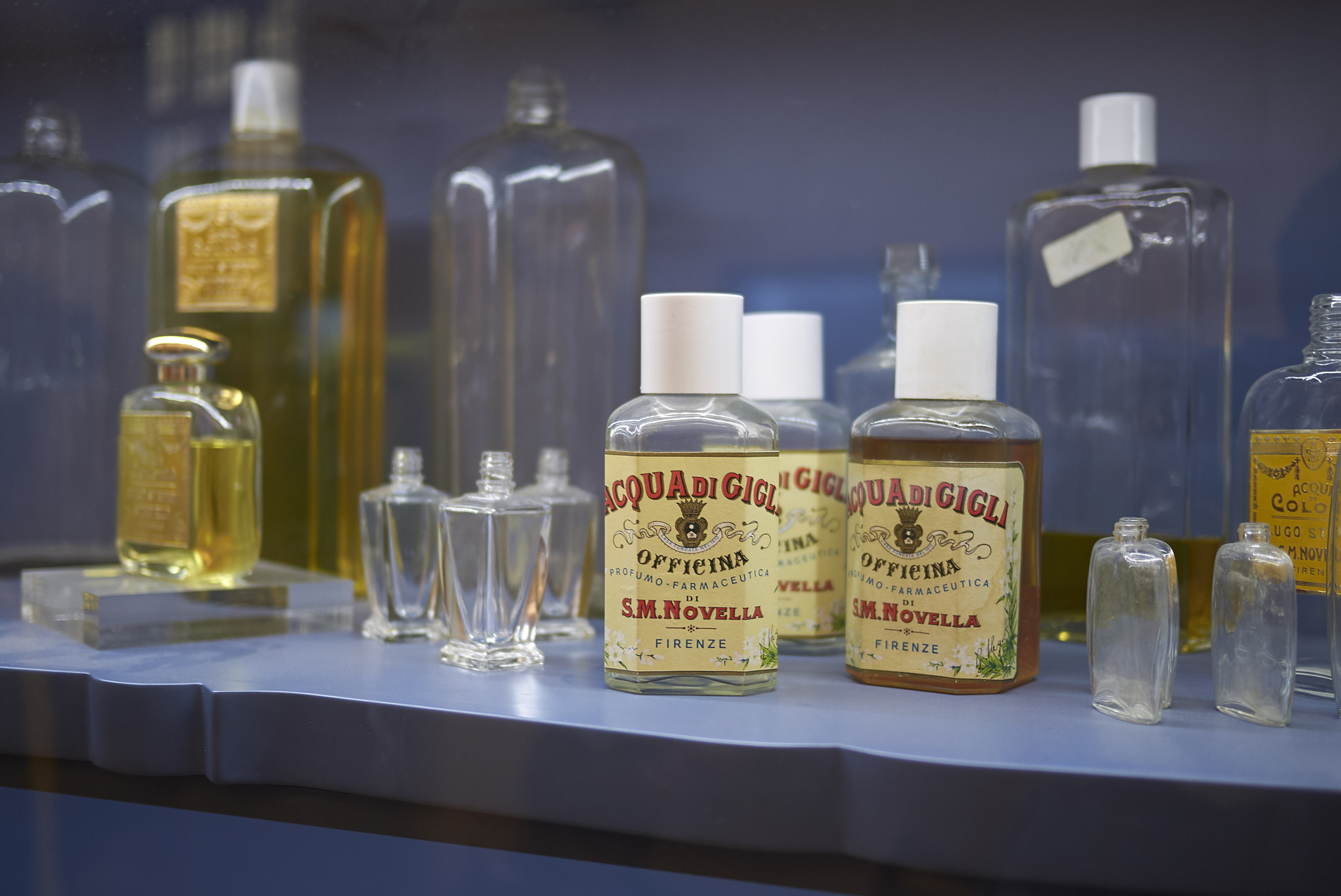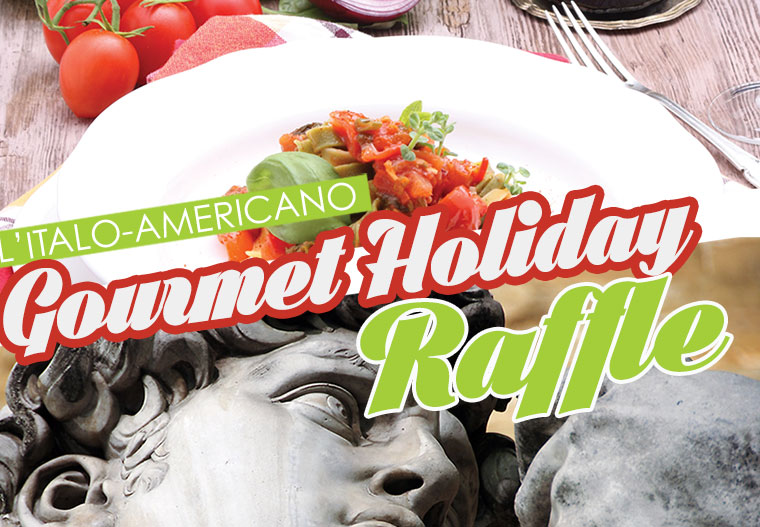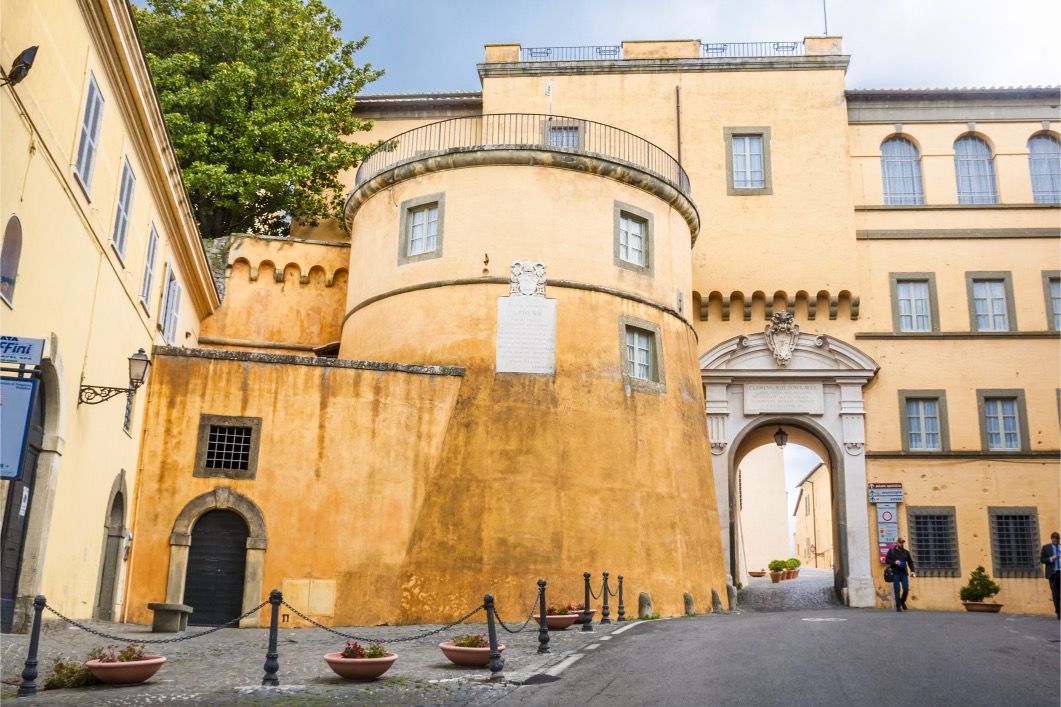There are travelers who get to know a new place by visiting its most famous landmarks, eating at the hotel restaurant, and sacking the main shopping street. Others prefer to depart from the usual itineraries to discover the city’s essence and hidden gems.
Florence boasts plenty of stunning art, and most people walking out of the busy train station of Santa Maria Novella would probably head directly to the world-renowned 15th century Dominican Basilica, located right across the street. Absorbed in that magnificence, a smaller treasure and one of Italy’s oldest still-operating pharmacies regretfully could go unnoticed.
Opened to the public in 1612, the Officina Profumo-Farmaceutica di Santa Maria Novella was established in the 13th century by Dominican monks, who established their monastery in the nearby church complex of Santa Maria delle Vigne – later renamed Santa Maria Novella. They used to grow medicinal herbs in the adjacent garden, to be employed in the monastery’s apothecary and infirmary. At that time, most of their homemade products were aimed at preventing or treating illnesses, including malarial fever, labor pains, and infections. But over the centuries, these items were transformed into modern fragrances, cosmetic remedies, soaps, digestives, and even food ingredients. Among them is the rosewater distillate, originally created as an antiseptic and now one of the shop’s best selling perfumes.
Although the purpose of those mysterious elixirs and potions has changed as a consequence of scientific progress, they are still locally made by following the monks’ artisanal process and traditional recipes, featuring aromatic herbs, spices, and flowers. Besides the pharmacy garden, some of the products are supplied by another facility in Florence or imported – this is the case with the tropical essences.
The ancient distillation techniques and instruments are on display in a sort of in-house museum, which also showcases handwritten books, pottery storage, and original packaging from the 16th and 17th centuries. The renaissance marked the shop’s golden age, thanks to the patronage of the influential Medici House. In honor of Catherine de’ Medici, queen of France, who supported and promoted the pharmacy, the monks created the Queen’s Water scent, using alcohol – just like in modern perfumery – instead of the usual olive oil or vinegar base. And after four centuries, Catherine’s fragrance is still available for purchase by tourists, who though usually unaware of its origins, are captivated not only by the aromas of the historical pharmacy, but also by its finely decorated interiors, furniture, and frescoes dating back to the early Renaissance.
Tradition and innovation, this is the secret formula of the shop’s success, as well as its President’s motto. Eugenio Alphandery was born in Florence and used to visit the pharmacy with his great-grandmother as a child. In 1989, after becoming a mechanical engineer, he was asked by the Officina’s owners – the Stefani family, heirs of Friar Marchissi, who managed it in the 1800s – to repair some old equipment used for production. Since then, he has worked for the antique establishment, personally designing and manufacturing some of the machinery in the lab, supervising compliance with the original recipes, and expanding the brand’s popularity in the beauty care sector to international markets.
Dreaming of the Florentine atmosphere and evocative landscape, and persuaded to stop by the Officina Profumo-Farmaceutica di Santa Maria Novella on your next trip to Italy? The good news is that you don’t have to wait that long to benefit from its herbal products: the pharmacy has opened U.S. branches from New York to Los Angeles and Dallas. They might not have the same allure, but the quality of Made in Italy is guaranteed.





























